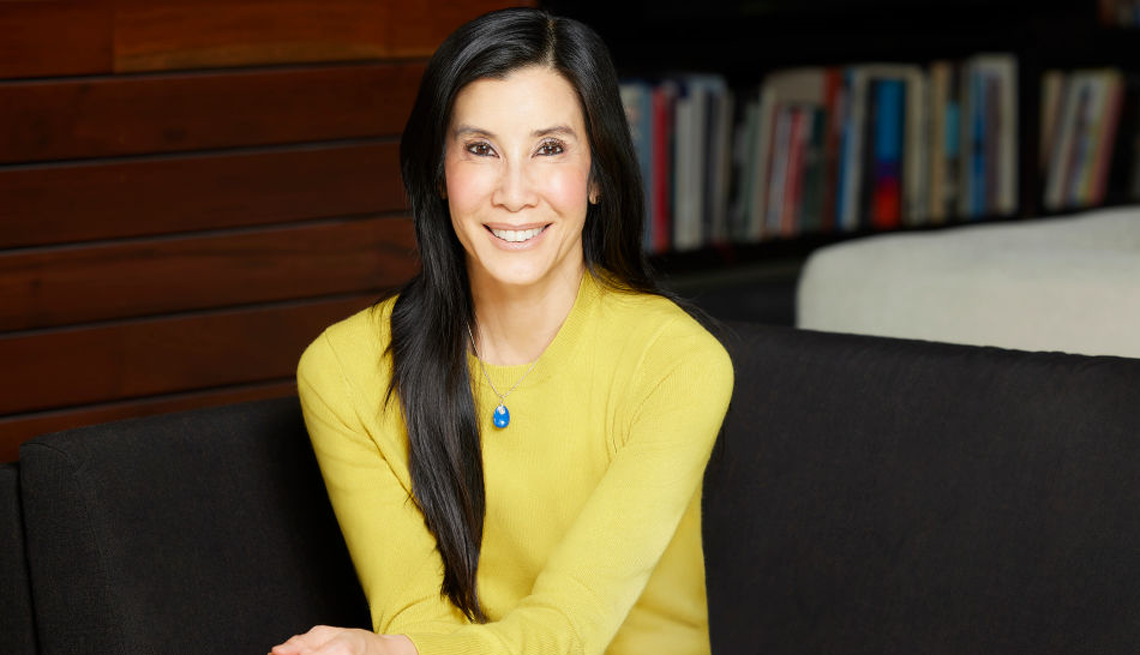AARP Hearing Center
There’s a crisis in America and Lisa Ling wants to sound the alarm.
The journalist and CBS News contributor, 50, is one of the millions of Americans who are sandwich generation caregivers, providing aid and support for aging parents while still in the thick of raising young children — in her case, two girls, 11 and 7. Ling’s “funny, outgoing” father died in November after many years of support and in-person and long-distance care. And then, without taking a breather, she and husband Paul Song, 58, an oncologist and CEO of NKGen Biotech, began caregiving for his mother, who lives nearby.
The work and worry are nonstop. And, as Ling has discovered, the caregiving system in America is broken. The cost of care is sky-high, requiring adult children to pay out of pocket just to afford basic care for parents; long-term care facilities are dangerously understaffed; direct-care workers are undervalued and woefully underpaid; and with an aging society, this is expected to hit a critical juncture.
This week, from April 24-26, Ling explores the state of caregiving in America in a three-part special on CBS Mornings. Ling talks with family caregivers and aides struggling to provide emotional, physical and sometimes financial care for older adults.


Tell me about your caregiving experience with your father.
Lisa Ling: Well, for a while my father had moved to Los Angeles and was living with me until his condition worsened. ... So, he was living in a facility, but he missed his friends. And while he was having some sort of cognitive issues, it wasn’t like full-blown dementia. He moved back to Sacramento where we found a place for him, and he lived there for a long time. He was paying for it with his pension supplemented by his life savings. But [in the last] three years of his life, he had to be moved into a memory care facility. … And then he kept falling. He not only had sundowners, but he had restless body syndrome, which literally prevented him from being able to rest laying down in a bed for more than 10 minutes. And that became his life for the last three years — it was truly torturous. This past November, he fell multiple times a week and ended up in the ER and [then] passed away.







































































More From AARP
Lisa Ling Is Embracing Every Experience
Award-winning journalist talks K-pop, road trips and memorable advice from Barbara Walters
A New Kind of Intergenerational Care-Based Cohousing
Explore an innovative housing model that blends care and community
Medications and Supplements That Could Raise Your Blood Pressure
Even good pills can have a negative impact on blood pressure
Recommended for You